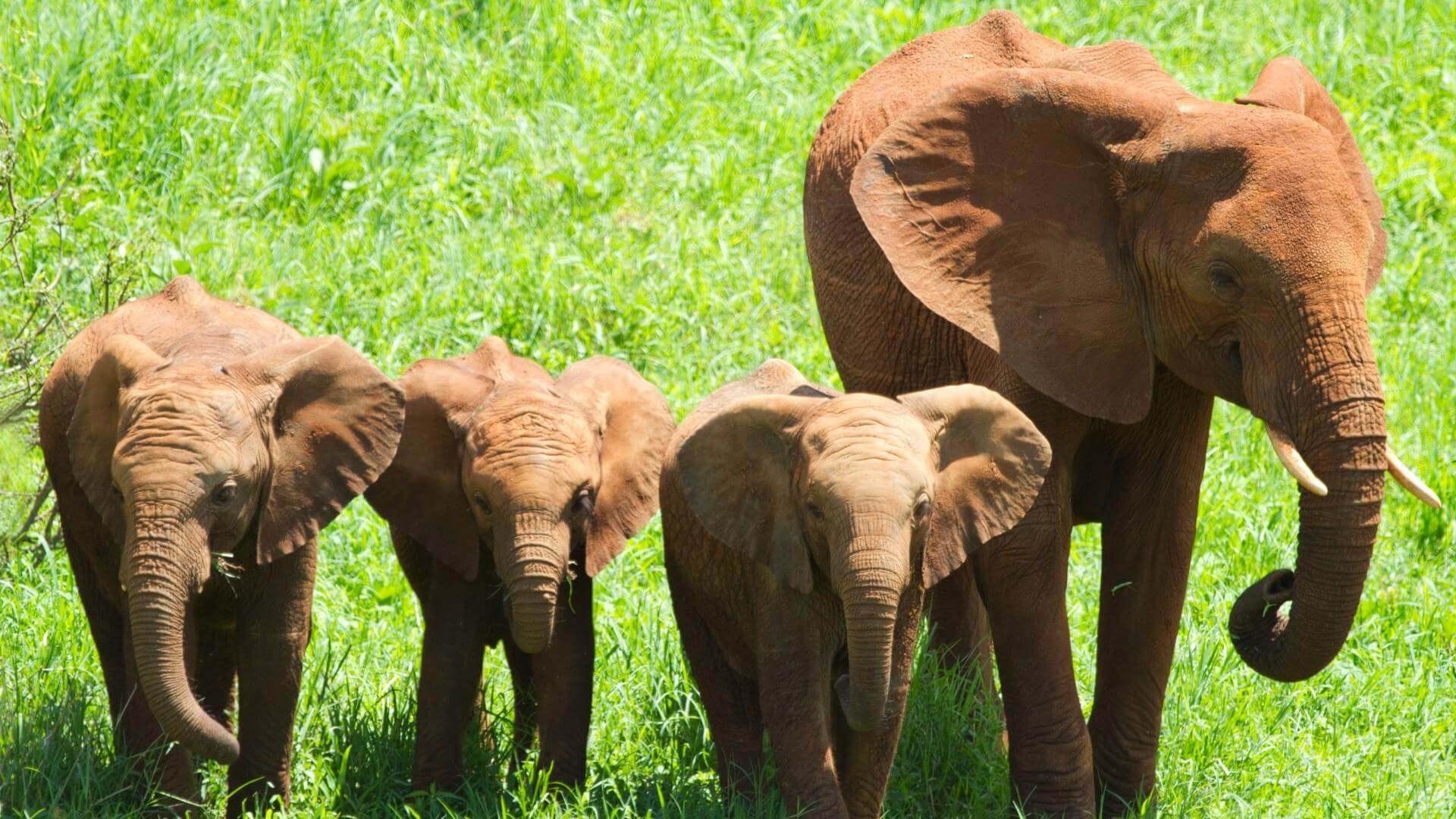The image of a mouse sending an elephant into a terrified frenzy is a classic, often played for laughs in cartoons and movies. But is there any truth to the age-old tale of elephants being scared of mice? Or is it just a misunderstanding of these magnificent creatures?
The Mouse Myth: Why Do We Believe It?
We’ve all heard the stories, likely rooted in ancient fables passed down through generations. But when it comes to elephants and their supposed fear of mice, real life tells a different story. Most experts who study elephants haven’t found convincing evidence to suggest that these gentle giants are truly afraid of mice. Observations, both in their natural habitats and in zoos, haven’t shown elephants going out of their way to avoid mice or reacting with genuine fear.
So, how did this idea become so widespread? Several factors might be at play:
- Ancient Storytelling: Greek fables often portrayed mice as pesky creatures capable of tormenting even the largest animals, potentially planting the seed for the myth we know today.
- Size Disparity: The stark contrast in size between elephants and mice likely fuels the assumption of a predator-prey relationship, despite no such dynamic existing in reality.
- Human Projection: We may be projecting our own fears and anxieties onto animals. The idea of the “king of the jungle” being afraid of something so small might simply amuse us.
Elephant Reactions: Surprise, Not Terror
While not inherently afraid of mice, elephants are incredibly aware of their surroundings. They may react to a scurrying mouse, but this is probably more about surprise and caution than genuine fear.
Here’s why:
- Startle Reflex: Like many animals (including humans!), elephants have a natural startle reflex. Imagine a tiny mouse darting out from under an elephant’s foot. That sudden movement could easily catch them off guard, leading to a startled reaction.
- Sensitive Giants: Elephants are highly sensitive creatures, especially when it comes to their trunks. If a curious mouse were to brush up against an elephant’s trunk, the elephant might react defensively, simply because it doesn’t know what’s tickling this vital appendage.
- Poor Eyesight: Elephants don’t have the best eyesight; their vision is relatively poor. So, when something small and quick moves near their feet, their reaction might be more about trying to figure out what it is than running away in fear.
What Really Worries an Elephant?
If mice aren’t sending elephants running for cover, what does give these majestic animals pause?
Bees: A Stinging Concern
One thing that can genuinely unsettle an elephant is a bee. A swarm of bees poses a real threat, especially to vulnerable areas like their eyes, trunks, and the thinner skin of young calves.
Unfamiliar Noises: Sensory Overload
Elephants have incredibly sensitive hearing – much more acute than ours. A sudden loud noise that might make us jump could sound like a sonic boom to an elephant. It’s no wonder they might react defensively to protect themselves.
Sudden Movements: A Matter of Caution
As large and powerful as elephants are, they are still prey animals, particularly when they’re young. They’ve evolved to be cautious of sudden movements, especially those that occur close to their face or trunk, where they’re most vulnerable.
Flipping the Script: The Real “Scaredy-Cats”
While we might joke about elephants being afraid of mice, there’s a good chance that more humans have a fear of mice than elephants do!
- Musophobia: The fear of mice (also known as murophobia or suriphobia) is a real and surprisingly common phobia. For those who experience it, the fear is anything but funny.
Delving Deeper: The Elephant-Mouse Dynamic
The lack of scientific evidence supporting the elephant-mouse fear myth hasn’t stopped it from persisting. Here are some additional points to consider:
- Circus Observations: Anecdotal evidence suggests that elephants in captivity don’t display fear towards mice. There are accounts of circus trainers introducing mice to elephants without any fearful reactions from the elephants.
- Research Gaps: There’s a surprising lack of formal scientific research specifically designed to study the relationship between elephants and mice. This highlights an opportunity for further investigation to fully understand their interactions.
- Empathy, Not Fear: Some researchers propose that elephants, known for their capacity for empathy, may react to mice not out of fear, but out of a desire to avoid harming them.
Conclusion: Respect, Not Ridicule
The next time you hear someone say, “He’s scared of a mouse,” remember, it’s more likely to be a human than an elephant! The elephant-mouse myth reminds us that we should approach our understanding of the animal kingdom with curiosity and a healthy dose of skepticism. Elephants, with their intelligence, social complexity, and capacity for empathy, deserve our respect and admiration, not to be defined by a baseless fear.
Did you know that are dogs mouths cleaner than humans? It’s true! A study found that dogs’ mouths contain far fewer bacteria than humans’ mouths. So, next time you’re feeling down, give your dog a kiss! You might just get a little cleaner in the process.
Are jumping spiders venomous? The answer is yes, but don’t worry, their venom is not harmful to humans. In fact, jumping spiders are actually quite beneficial, as they help to control populations of other insects.
- Unveiling Bernhard Caesar Einstein’s Scientific Achievements: A Legacy in Engineering - July 15, 2025
- Uncover who is Jerry McSorley: CEO, Family Man, Business Success Story - July 15, 2025
- Discover Bernhard Caesar Einstein’s Scientific Contributions: Unveiling a Legacy Beyond Einstein - July 15, 2025
















2 thoughts on “Elephant vs. Mouse: Separating Fact from Fiction in the Animal Kingdom”
Comments are closed.